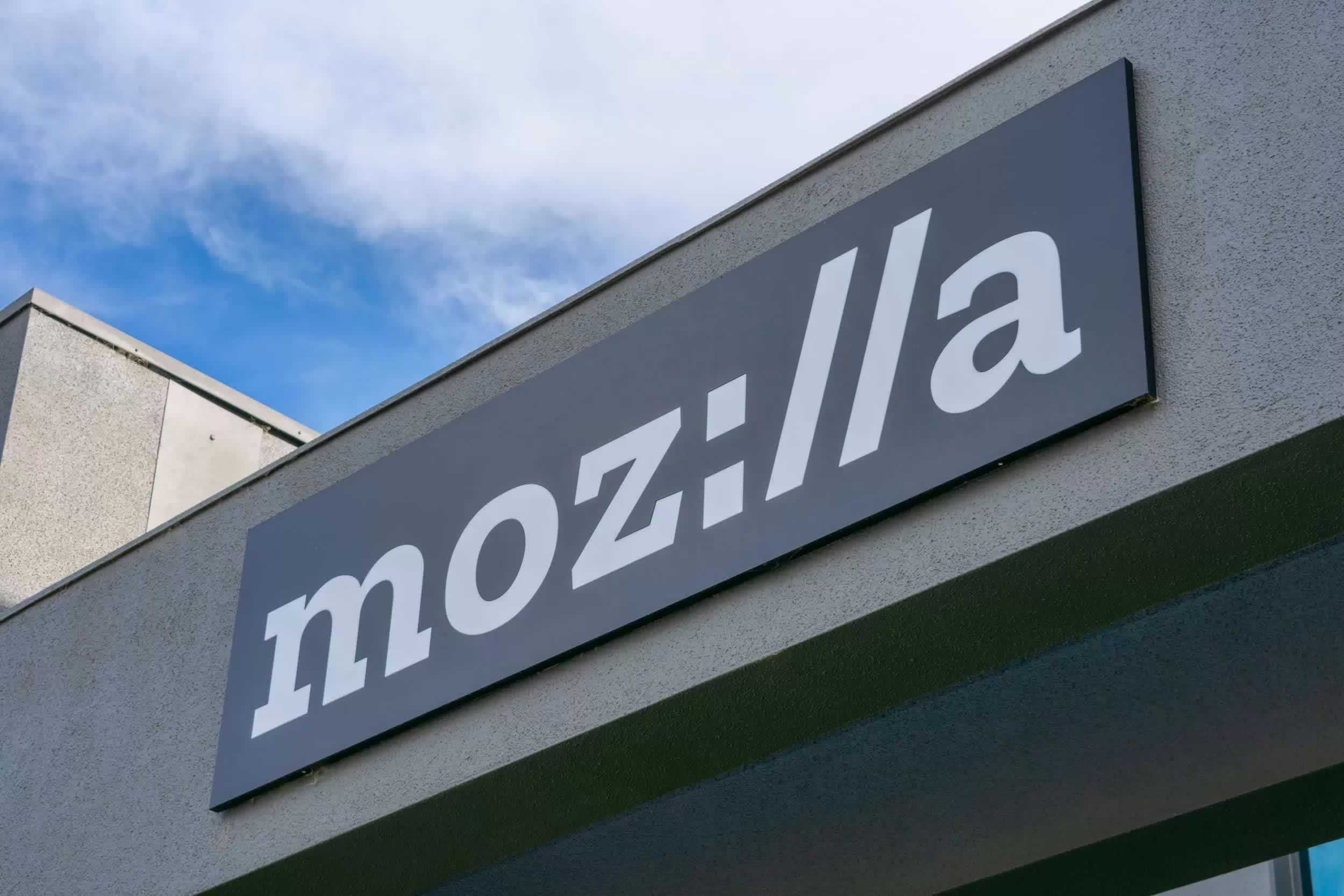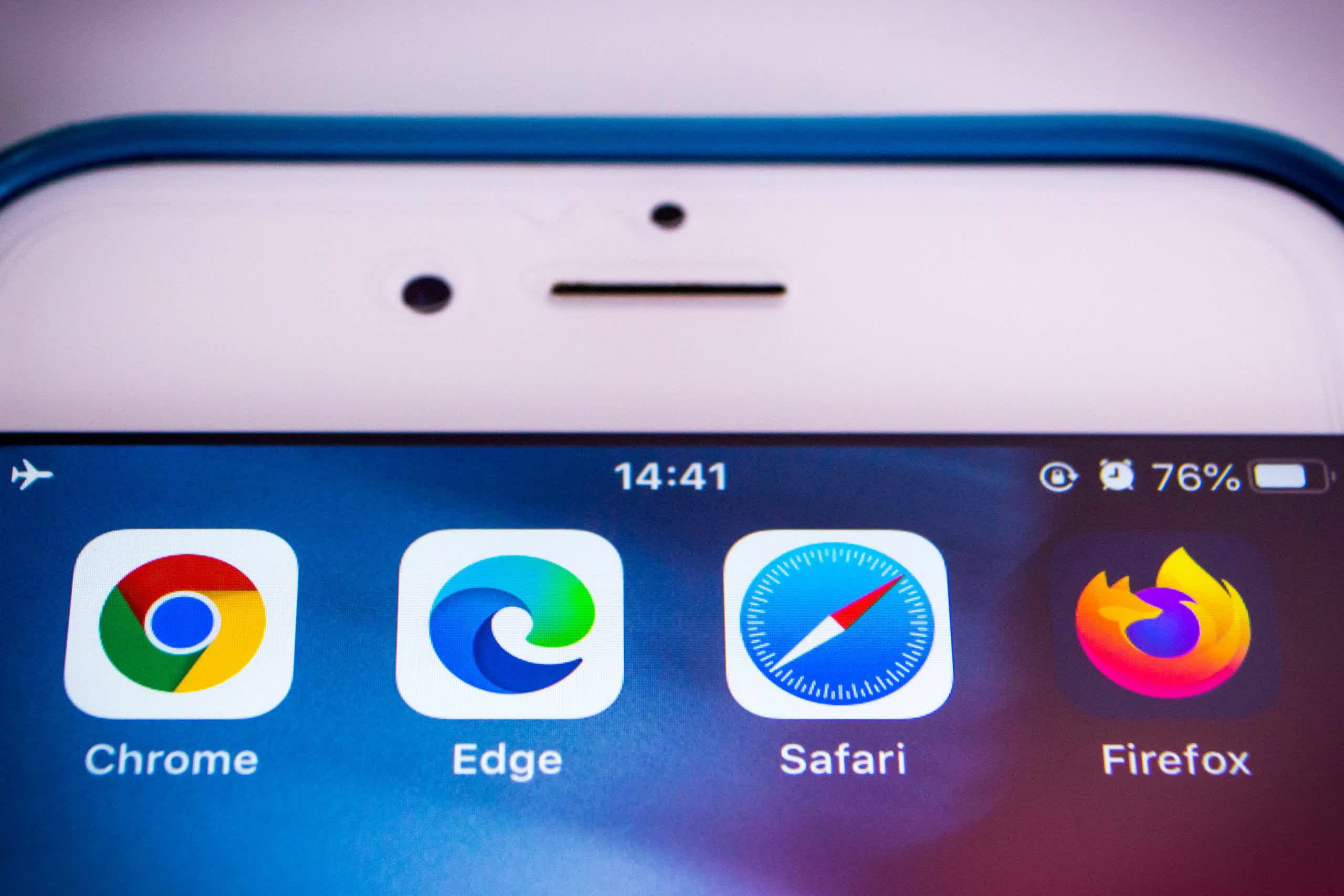The big picture: Mozilla's problems seem to keep coming as it struggles to build out a more diverse product and service portfolio in an effort to diversify its revenue model. Meanwhile, the company relies heavily on business deals with Google to fund its operation and product development. 2020 has already been a turbulent year for the browser maker, and as new legal proceedings against Google move forward, the years ahead may be even tougher, as Mozilla could get caught in the middle.
Yesterday, we learned of the massive, landmark antitrust case the Department of Justice is bringing against Google for alleged monopolistic practices in search. The news brings back shades of the past, when Microsoft was in the antitrust hot seat over Windows and Internet Explorer in the late 1990s.
It isn't a surprise that Google maintains lucrative deals with partners such as Mozilla and Apple in order to secure its search engine as the default option in web browsers like Firefox and Safari. The amount Google is willing to pay is in the magnitude of billions every year.
Mozilla is striving to diversify its revenue streams, but it's becoming clear it can't play both sides of the fence anymore
However, these practices have long been scrutinized and the new DOJ antitrust lawsuit specifically calls these deals out as "generally using monopoly profits to buy preferential treatment for its search engine on devices, web browsers, and other search access points, creating a continuous and self-reinforcing cycle of monopolization."
As expected, Google showed up to fervently refute the lawsuit, calling it "deeply flawed." More interestingly, however, is Mozilla showing up with its own defensive stance. After all, this isn't Mozilla's first rodeo with antitrust and anti-competitive lawsuits – Mozilla and its Netscape Navigator browser were a key part of the case against Microsoft in the nineties.
Mozilla shared its reaction to Google's antitrust lawsuit in a blog post...
In this new lawsuit, the DOJ referenced Google's search agreement with Mozilla as one example of Google's monopolization of the search engine market in the United States. Small and independent companies such as Mozilla thrive by innovating, disrupting and providing users with industry leading features and services in areas like search. The ultimate outcomes of an antitrust lawsuit should not cause collateral damage to the very organizations - like Mozilla - best positioned to drive competition and protect the interests of consumers on the web.

Mozilla is in an interesting position. On the one hand, it often paints itself as the anti-Google, championing privacy and consumer choice. Yet, at the same time, it relies on something of a symbiotic partnership with the search giant for a significant part of its revenue stream. Mozilla is striving to diversify its revenue streams, but it's becoming clear it can't play both sides of the fence anymore.
Google and Mozilla's recently renewed partnership is estimated to be worth as much as $450 million per year, through 2023. Take into account that Mozilla has recently suffered rounds of layoffs and has already ceded browser market share to Microsoft's Edge, and it becomes clear why Mozilla is concerned about being caught as collateral damage in the DOJ's lawsuit against Google.
Making things even more precarious is just how much Mozilla depends on its partnership with Google.
In 2018, 91% of Mozilla's revenue came from deals with search engine providers, primarily Google. As this lawsuit progresses, it could very well fray the agreements Google has with Apple, as well as other phone and browser makers.
Image credit: Koshrio K, Michael Vi
